Dhaka, July 17 (V7N) – The streets across Bangladesh, including the capital Dhaka, were engulfed in protests on Wednesday (July 16) after central leaders of the National Citizens Party (NCP) came under attack during the party’s pre-announced ‘March to Gopalganj’ program.
As evening fell, tensions escalated nationwide. NCP activists from Dhaka Metropolitan North and South gathered in front of the party’s central office at Bangla Motor, organizing a sit-in and protest. From there, a torchlight procession marched toward Karwan Bazar, echoing slogans of resistance and revolution.
Numerous political parties and student organizations expressed strong condemnation of the attack. The BNP labeled it “heinous” and expressed grave concern. The Revolutionary Workers' Party of Bangladesh and the 12-party alliance also joined in denouncing the violence. The Left Democratic Alliance slammed the government for failing to ensure a peaceful program, pointing to vandalism of law enforcement vehicles and repression of protesters.
Jonayed Saki, chief coordinator of the Mass Solidarity Movement, directly accused ruling party loyalists of launching the attack. Jamaat-e-Islami Ameer also voiced concern over the day's developments. Hefazat-e-Islam Bangladesh called the incident a “blatant violation of democracy, freedom of expression, and human rights,” demanding the “eradication of fascism from the country.”
Symbolic protests took place in multiple locations. After a demonstration in Shahbagh, 'Chhatra Shakti' held a protest march, blaming police inaction for enabling the attack. 'Julai Oikya' carried out a torch and symbolic coffin procession.
The anti-discrimination student movement issued a 24-hour ultimatum from Shahbagh, threatening nationwide agitation if those responsible were not arrested.
University campuses also witnessed widespread mobilization. Jatiyatabadi Chhatra Dal, Islami Chhatra Shibir, and Ganotantrik Chhatra Sansad organized separate protest marches at Dhaka University. Chhatra Shibir leaders rallied at TSC after parading past the VC's residence. Meanwhile, Chhatra Dal conducted a torchlight procession, protesting the overall law and order situation, and also condemning the killing of BNP leader Rahim Uddin Sikder in Cox’s Bazar, allegedly by a Jamaat-e-Islami leader.
Road blockades and demonstrations extended beyond the capital. Protesters halted traffic on major highways, demanding the arrest of those involved in the Gopalganj incident within 72 hours. In Manikganj's Jagir area, NCP activists blocked the Dhaka-Aricha highway for half an hour, causing a two-kilometer traffic jam.
Similar protests unfolded in Noakhali and Patuakhali. In Noakhali’s Maijdi area, local activists held a protest and blockade program, while in Patuakhali, a torch procession marched through the city, culminating in a rally at the municipality intersection.
NCP convener Nahid Islam later urged demonstrators to clear the roads while continuing protests peacefully by staying to one side of the highways.
Casualties Reported, Curfew Imposed
The unrest took a deadly turn as four people were confirmed killed in day-long clashes linked to the Gopalganj march. Hospital sources identified the deceased as Deepto Saha, Ramzan Kazi, Sohel, and Emon Talukder, though further details were not immediately available. In response to the violence, authorities imposed a curfew in Gopalganj.
END/RH/AJ



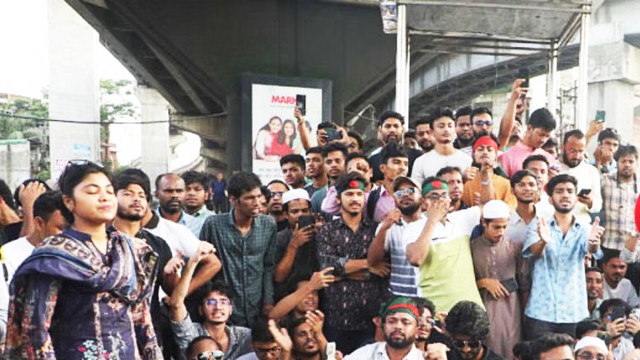






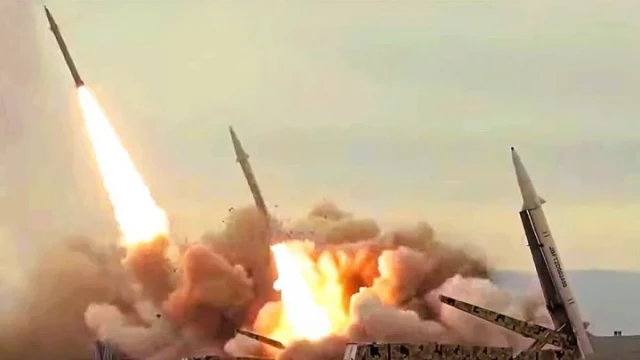
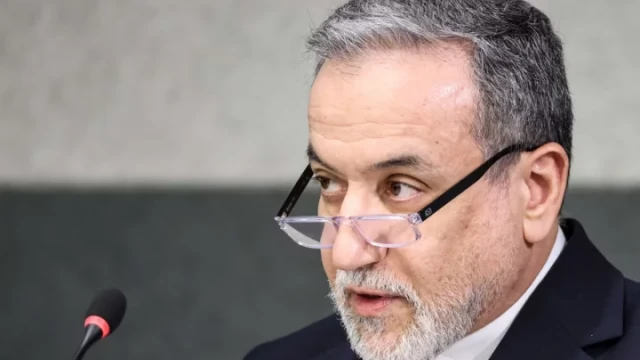
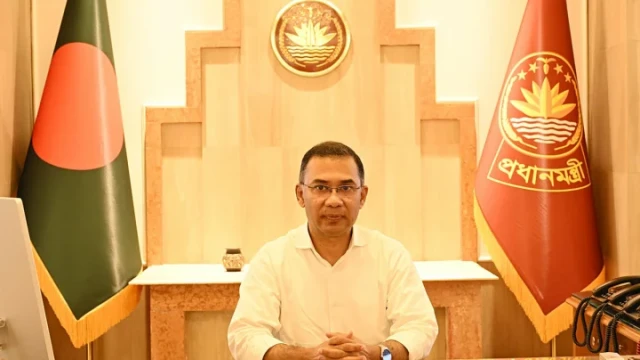
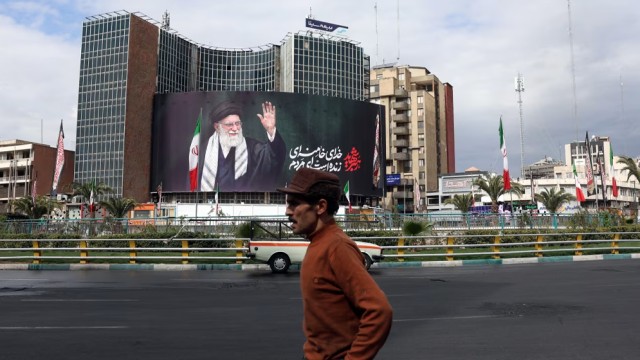
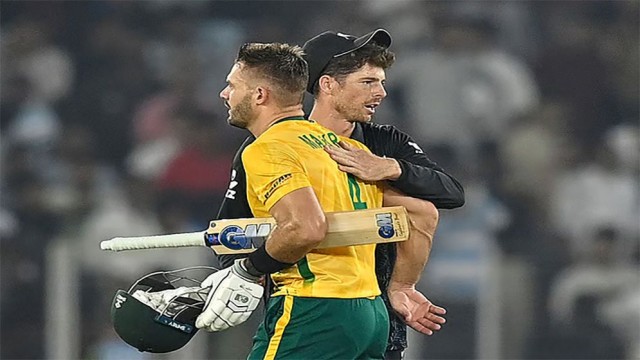
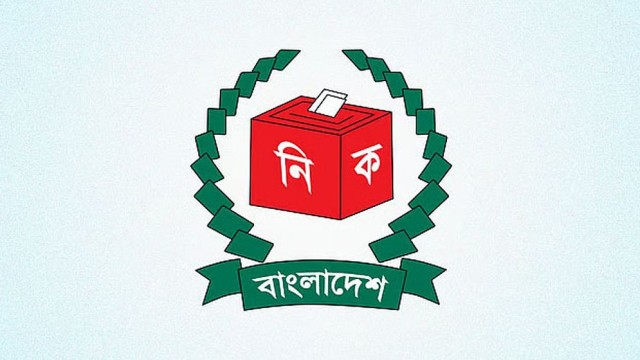
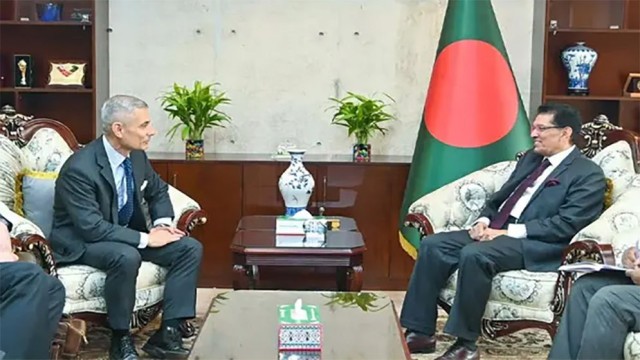
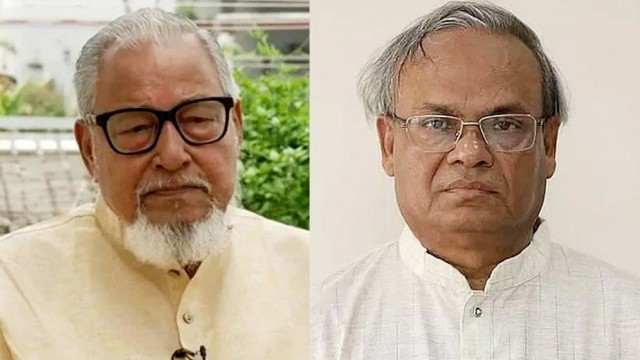
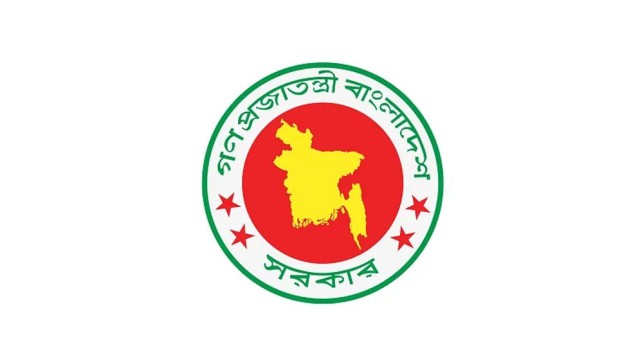
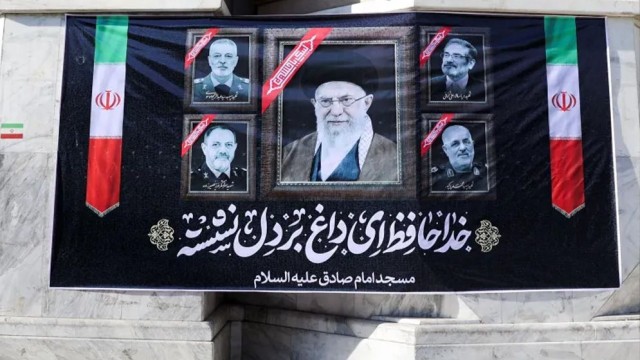











Comment: